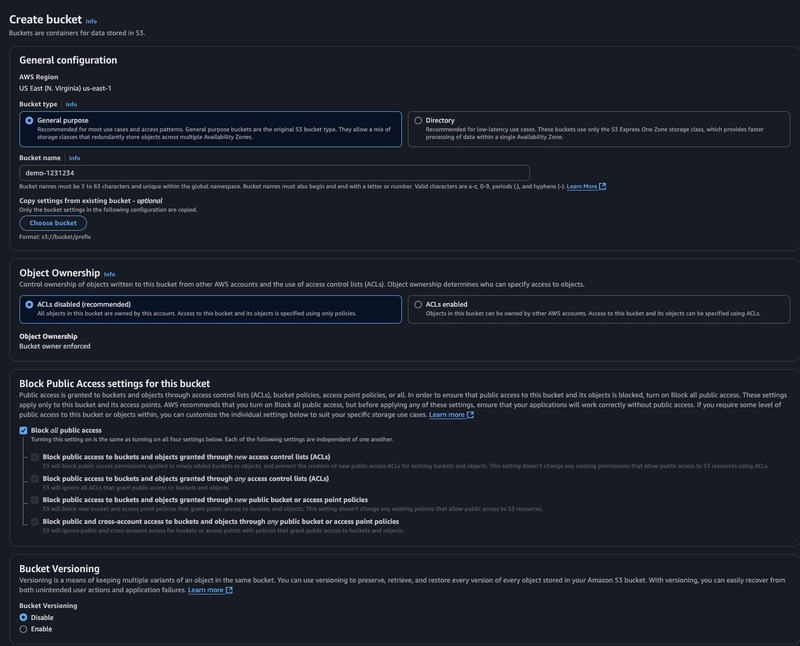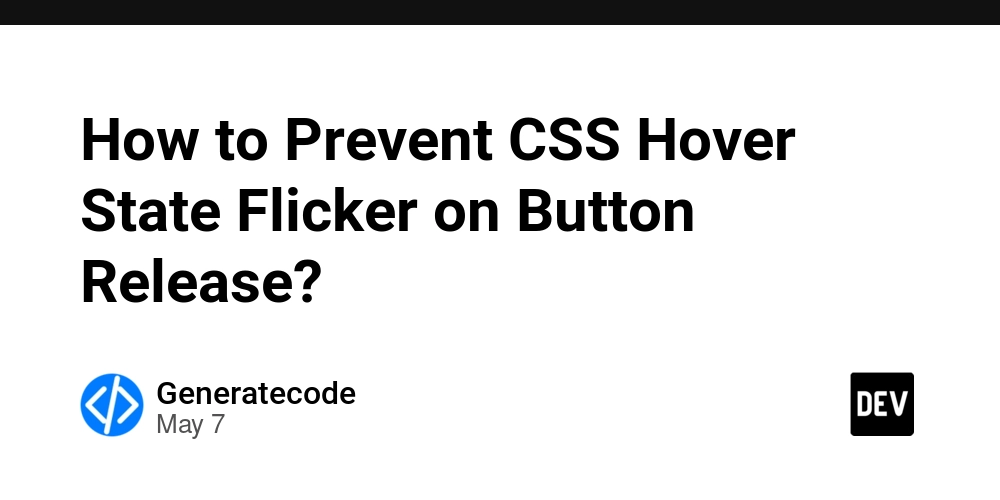How to Scroll to Selected Item in SwiftUI Drop Down List?
Introduction If you're building an application in SwiftUI that features a drop-down list inside a scroll view, you may encounter issues when trying to programmatically scroll to a selected item. In this article, I'll guide you through an efficient approach to implementing this functionality in your SwiftUI app. This example is particularly useful for apps that have a complex UI involving nested scroll views, ensuring a seamless user experience while selecting items from drop-down lists. Understanding the Issue The problem occurs primarily when the scrollTo function does not behave as expected. This might be due to the timing of the view updates or how the data binding works within the SwiftUI framework. Understanding how SwiftUI manages its views is critical to resolving this issue effectively. Step-by-Step Solution Setup Your Data Model: Ensure your data model conforms to Identifiable. In your case, you do this correctly with the SampleData class. Modify the Drop Down View: You'll need to make sure the ScrollViewReader and ScrollView are set up properly to recognize the selections. I've modified your dropDownView variable to ensure the scrolling functionality works as intended. Here’s how to implement this: import SwiftUI class SampleData: Identifiable { let id = UUID().uuidString let title: String init(title: String) { self.title = title } } struct ContentViewA: View { @State private var showDropDown: Bool = false @State private var data: [SampleData] = [SampleData(title: "Mark"), SampleData(title: "John"), SampleData(title: "Paul"), SampleData(title: "Jaime"), SampleData(title: "Michael"), SampleData(title: "David"), SampleData(title: "Andy"), SampleData(title: "Ryan"), SampleData(title: "Henry"), SampleData(title: "Chad")] @State private var selectedData: SampleData? var body: some View { NavigationStack { VStack { ScrollView { Button { self.showDropDown.toggle() } label: { Text("Tap to open") } .frame(width: UIScreen.main.bounds.width/2 - 45.0, height: 45.0) .padding(8.0) .font(.headline) .overlay(dropDownView.offset(y: 55), alignment: .topLeading) .zIndex(10) } } } } var dropDownView: some View { ZStack { if showDropDown { Spacer() ScrollViewReader { proxy in ScrollView(.vertical, showsIndicators: false) { LazyVStack { ForEach(data) { element in Text(element.title) .padding(8.0) .onTapGesture { selectedData = element withAnimation { proxy.scrollTo(element.id) } self.showDropDown = false } } } } .onChange(of: selectedData) { _ in // Scroll to selected item if available if let selectedData = selectedData { withAnimation { proxy.scrollTo(selectedData.id, anchor: .center) } } } } } } .frame(width: UIScreen.main.bounds.width/2, height: UIScreen.main.bounds.height/4) .shadow(radius: 4) } } Key Changes Explained onChange(of: selectedData): This modifier observes changes to selectedData. When an item is selected, it triggers the scrolling animation to the respective item. Using Identifiable Properly: Ensure that you are using the id from Identifiable for your elements in the ScrollView. This allows SwiftUI to recognize and scroll to the correct item. Common Issues and Solutions Item Not Scrollable: If you find that the item still isn’t scrolling, check that the views are being updated correctly and the id values are unique. Animations Not Working: Ensure your environment supports the necessary animations. Animation functions in SwiftUI are efficient but may require specific conditions to trigger. Frequently Asked Questions Q1: Why doesn't the dropdown scroll automatically? A1: The scrollTo function requires that the item be visible and that the proxy is set up correctly to recognize the content. Q2: Can I customize the animation duration? A2: Yes, by modifying the withAnimation function, you can provide a custom duration or ease effect to your scrolling animations. Conclusion In conclusion, navigating dropdown lists in complex SwiftUI applications ca
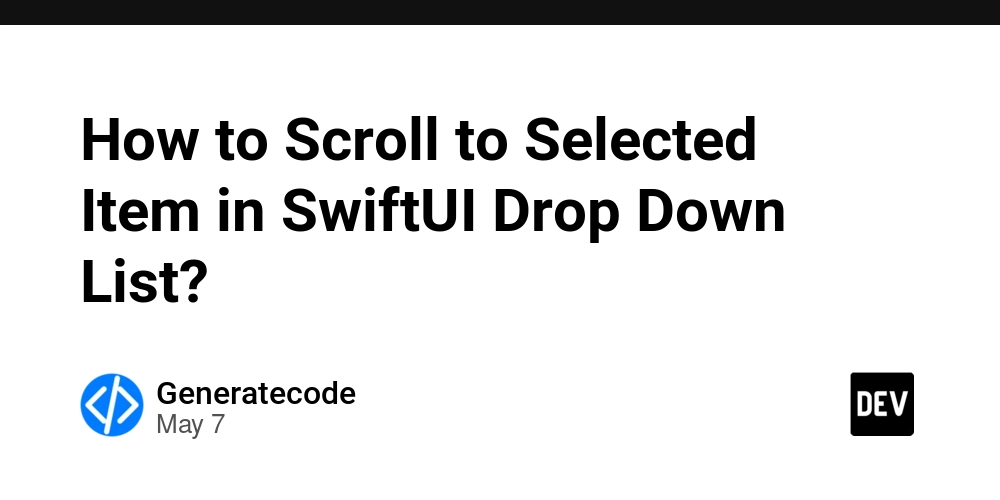
Introduction
If you're building an application in SwiftUI that features a drop-down list inside a scroll view, you may encounter issues when trying to programmatically scroll to a selected item. In this article, I'll guide you through an efficient approach to implementing this functionality in your SwiftUI app.
This example is particularly useful for apps that have a complex UI involving nested scroll views, ensuring a seamless user experience while selecting items from drop-down lists.
Understanding the Issue
The problem occurs primarily when the scrollTo function does not behave as expected. This might be due to the timing of the view updates or how the data binding works within the SwiftUI framework. Understanding how SwiftUI manages its views is critical to resolving this issue effectively.
Step-by-Step Solution
-
Setup Your Data Model: Ensure your data model conforms to
Identifiable. In your case, you do this correctly with theSampleDataclass. -
Modify the Drop Down View: You'll need to make sure the
ScrollViewReaderandScrollVieware set up properly to recognize the selections. I've modified yourdropDownViewvariable to ensure the scrolling functionality works as intended.
Here’s how to implement this:
import SwiftUI
class SampleData: Identifiable {
let id = UUID().uuidString
let title: String
init(title: String) {
self.title = title
}
}
struct ContentViewA: View {
@State private var showDropDown: Bool = false
@State private var data: [SampleData] = [SampleData(title: "Mark"), SampleData(title: "John"), SampleData(title: "Paul"), SampleData(title: "Jaime"),
SampleData(title: "Michael"), SampleData(title: "David"), SampleData(title: "Andy"), SampleData(title: "Ryan"),
SampleData(title: "Henry"), SampleData(title: "Chad")]
@State private var selectedData: SampleData?
var body: some View {
NavigationStack {
VStack {
ScrollView {
Button { self.showDropDown.toggle() } label: {
Text("Tap to open")
}
.frame(width: UIScreen.main.bounds.width/2 - 45.0, height: 45.0)
.padding(8.0)
.font(.headline)
.overlay(dropDownView.offset(y: 55), alignment: .topLeading)
.zIndex(10)
}
}
}
}
var dropDownView: some View {
ZStack {
if showDropDown {
Spacer()
ScrollViewReader { proxy in
ScrollView(.vertical, showsIndicators: false) {
LazyVStack {
ForEach(data) { element in
Text(element.title)
.padding(8.0)
.onTapGesture {
selectedData = element
withAnimation { proxy.scrollTo(element.id) }
self.showDropDown = false
}
}
}
}
.onChange(of: selectedData) { _ in
// Scroll to selected item if available
if let selectedData = selectedData {
withAnimation { proxy.scrollTo(selectedData.id, anchor: .center) }
}
}
}
}
}
.frame(width: UIScreen.main.bounds.width/2, height: UIScreen.main.bounds.height/4)
.shadow(radius: 4)
}
}
Key Changes Explained
-
onChange(of: selectedData): This modifier observes changes toselectedData. When an item is selected, it triggers the scrolling animation to the respective item. -
Using Identifiable Properly: Ensure that you are using the
idfromIdentifiablefor your elements in theScrollView. This allows SwiftUI to recognize and scroll to the correct item.
Common Issues and Solutions
-
Item Not Scrollable: If you find that the item still isn’t scrolling, check that the views are being updated correctly and the
idvalues are unique. - Animations Not Working: Ensure your environment supports the necessary animations. Animation functions in SwiftUI are efficient but may require specific conditions to trigger.
Frequently Asked Questions
Q1: Why doesn't the dropdown scroll automatically?
A1: The scrollTo function requires that the item be visible and that the proxy is set up correctly to recognize the content.
Q2: Can I customize the animation duration?
A2: Yes, by modifying the withAnimation function, you can provide a custom duration or ease effect to your scrolling animations.
Conclusion
In conclusion, navigating dropdown lists in complex SwiftUI applications can be challenging at times. By utilizing the ScrollViewReader and ensuring your data model and state management are correctly set up, you can effectively enable scrolling to the selected item. This not only enhances user experience but also minimizes frustration while interacting with dropdown selections. I hope this guide helps you implement this functionality in your app!
Happy coding!





















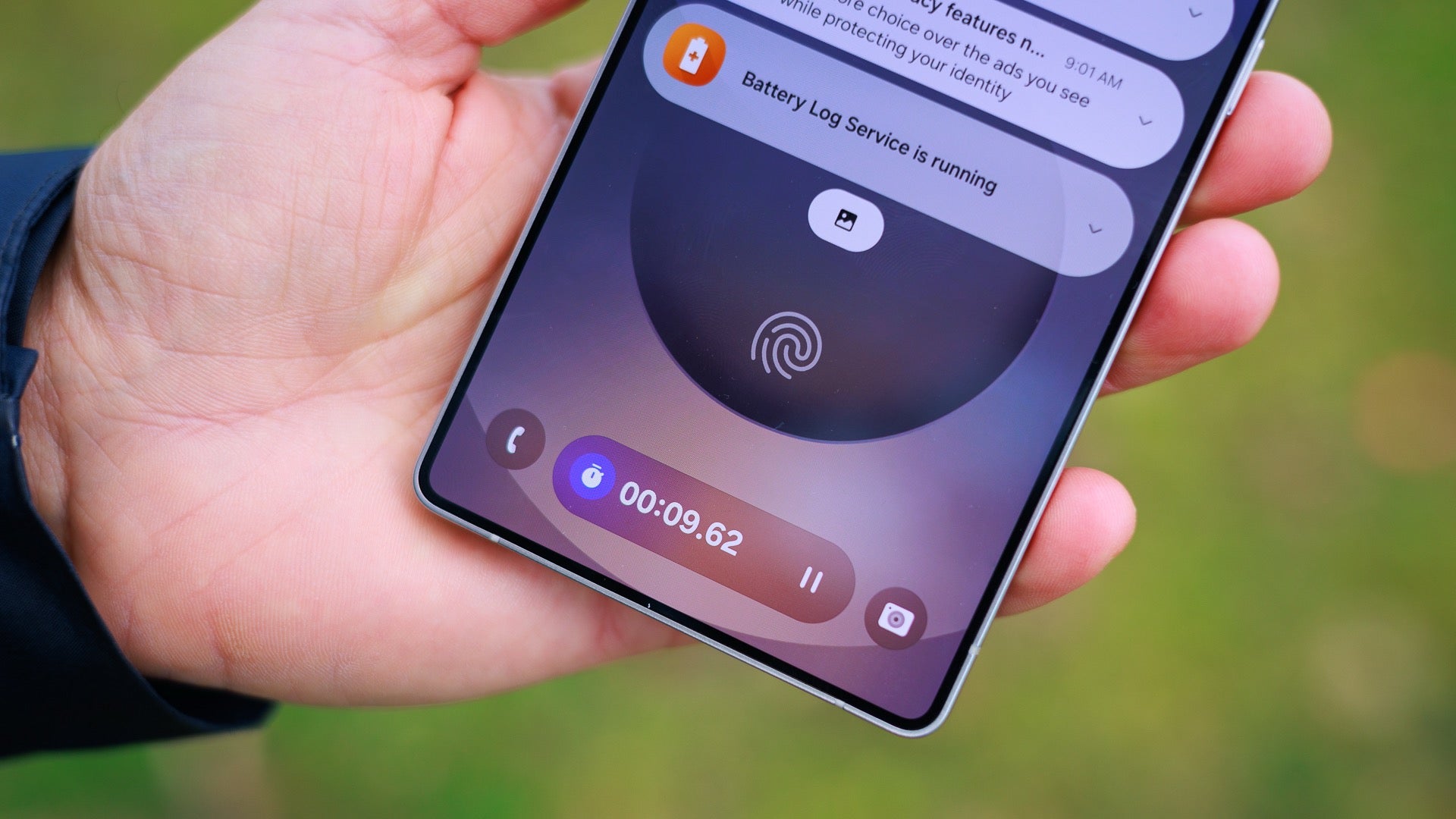









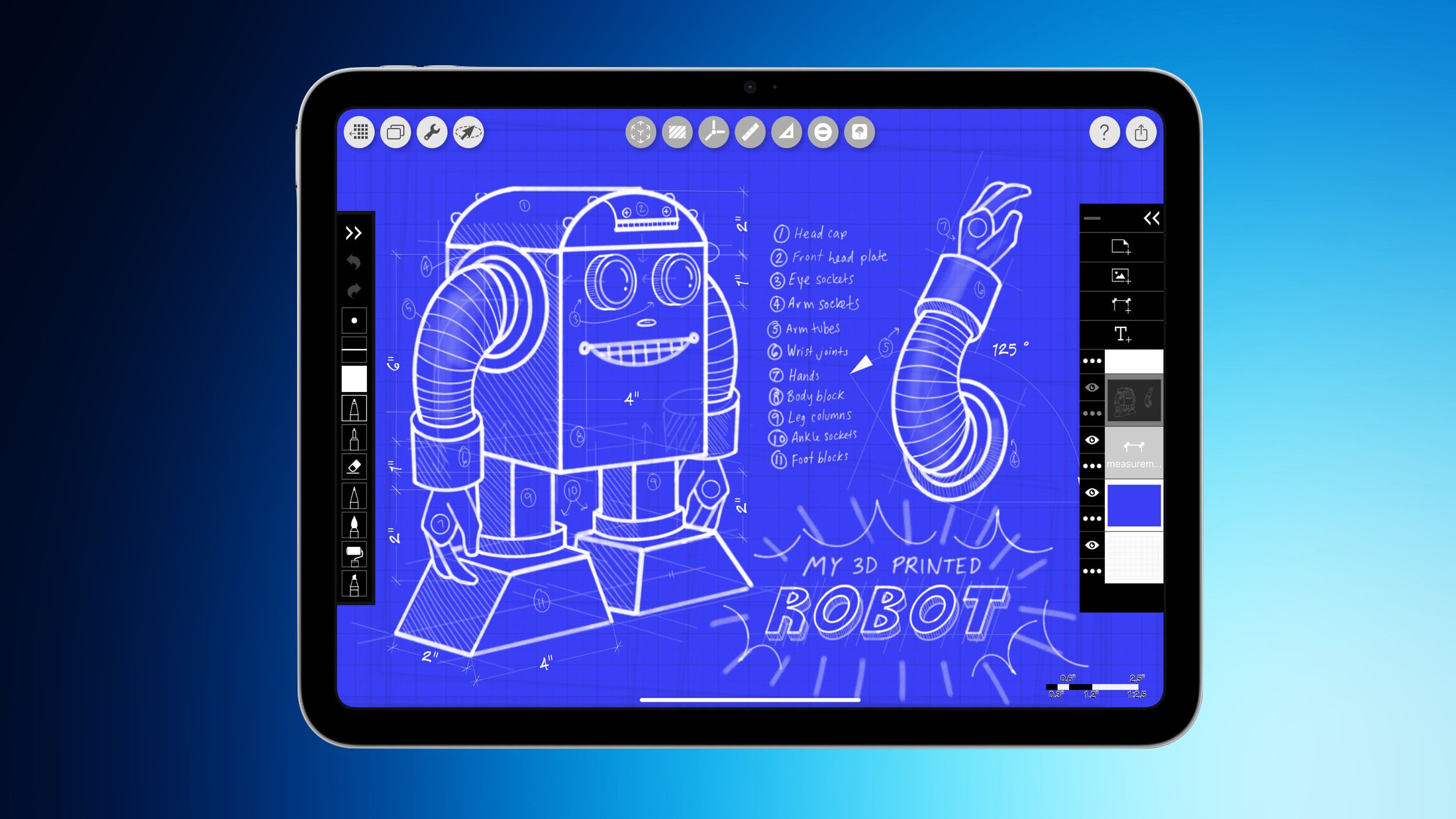
















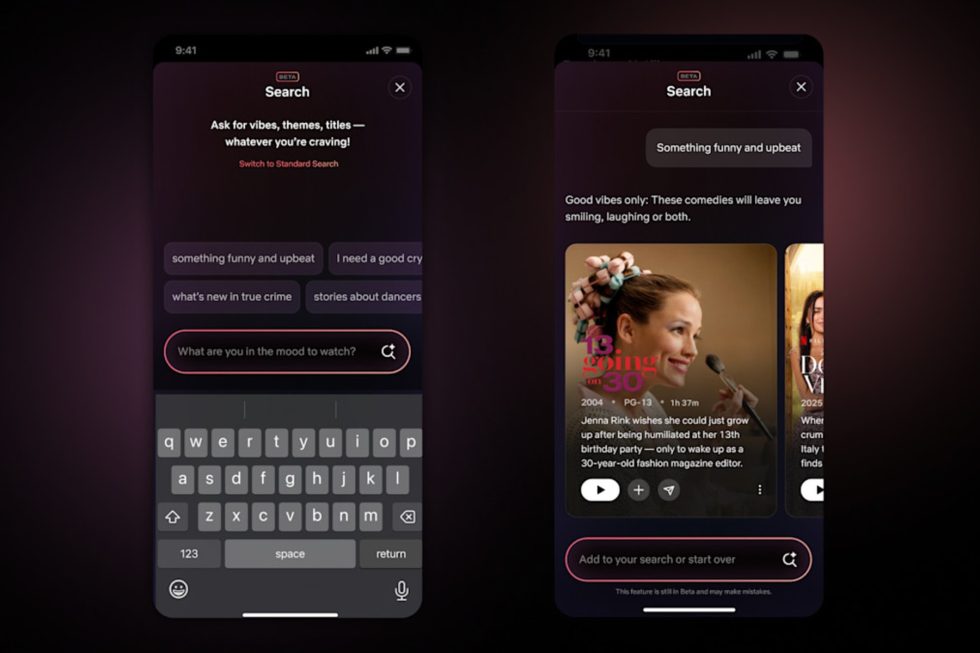
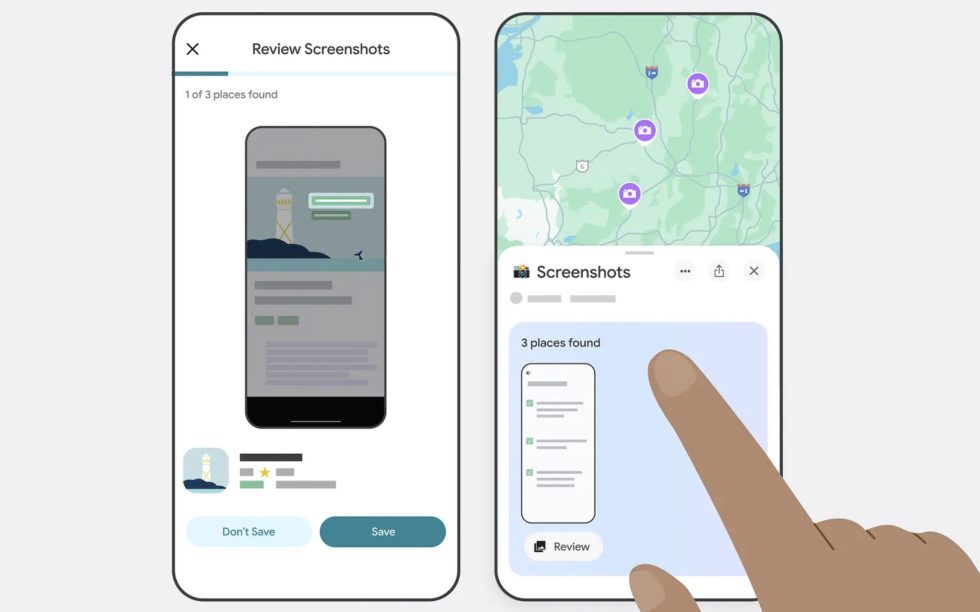
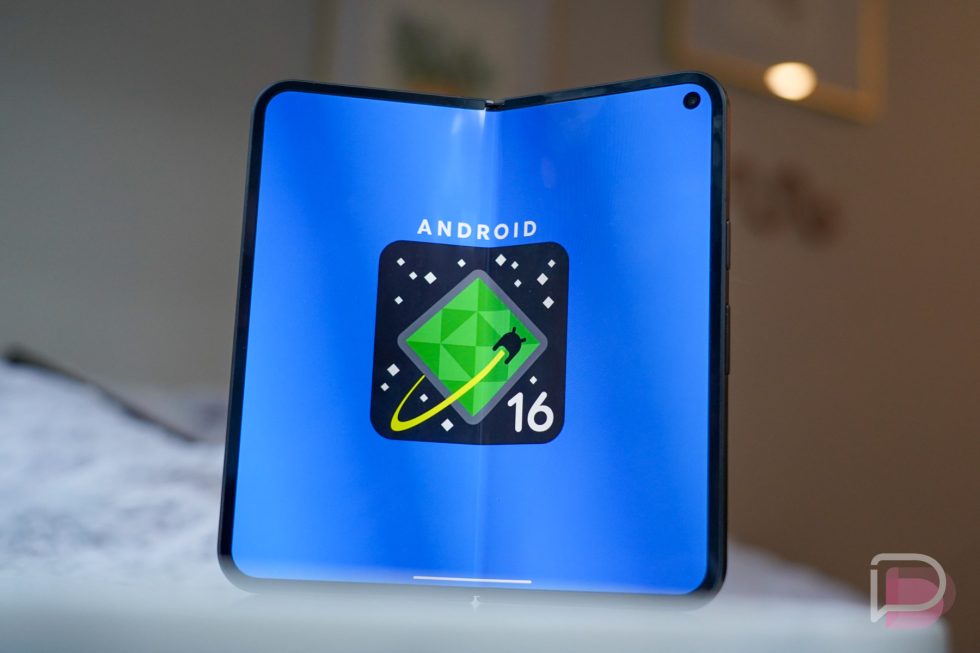







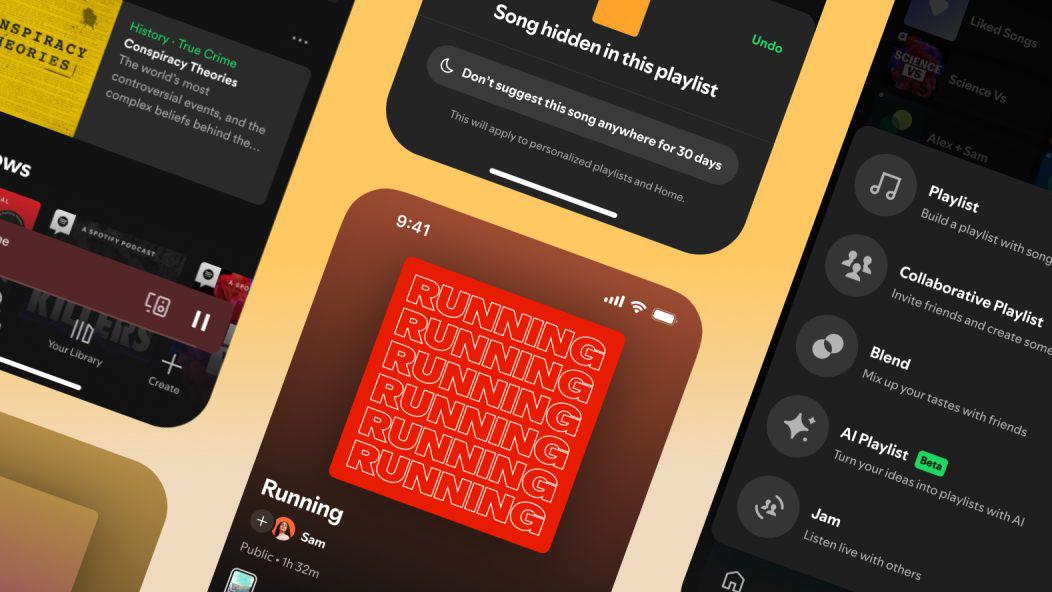
















![Beats Studio Pro Wireless Headphones Now Just $169.95 - Save 51%! [Deal]](https://www.iclarified.com/images/news/97258/97258/97258-640.jpg)




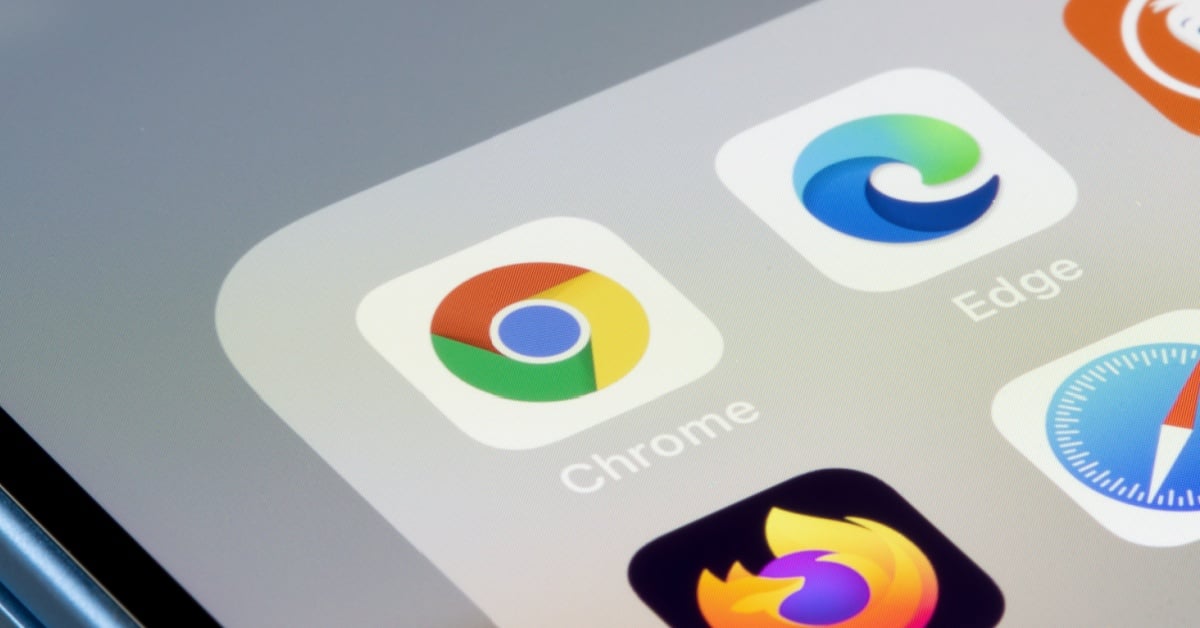




















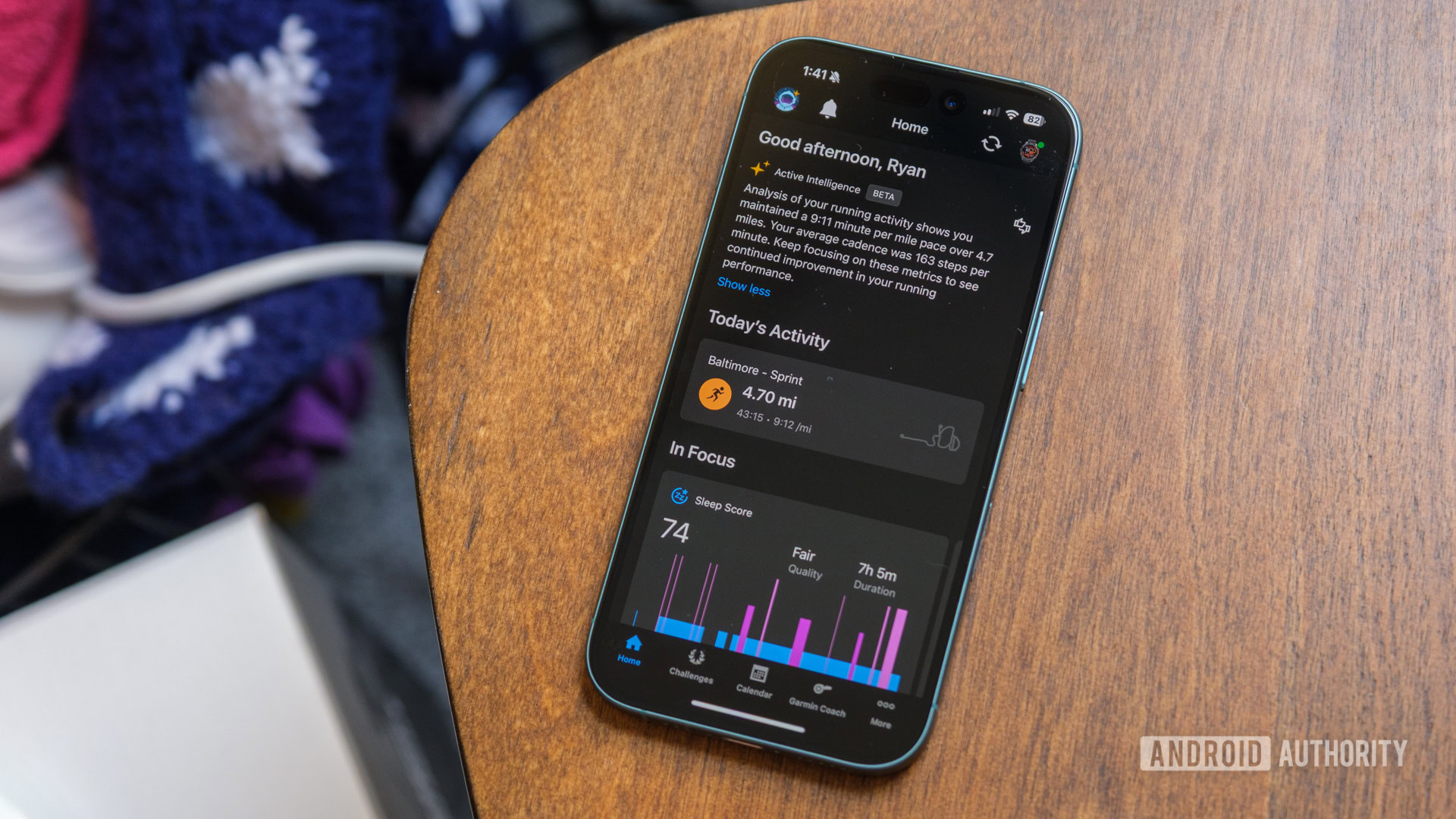
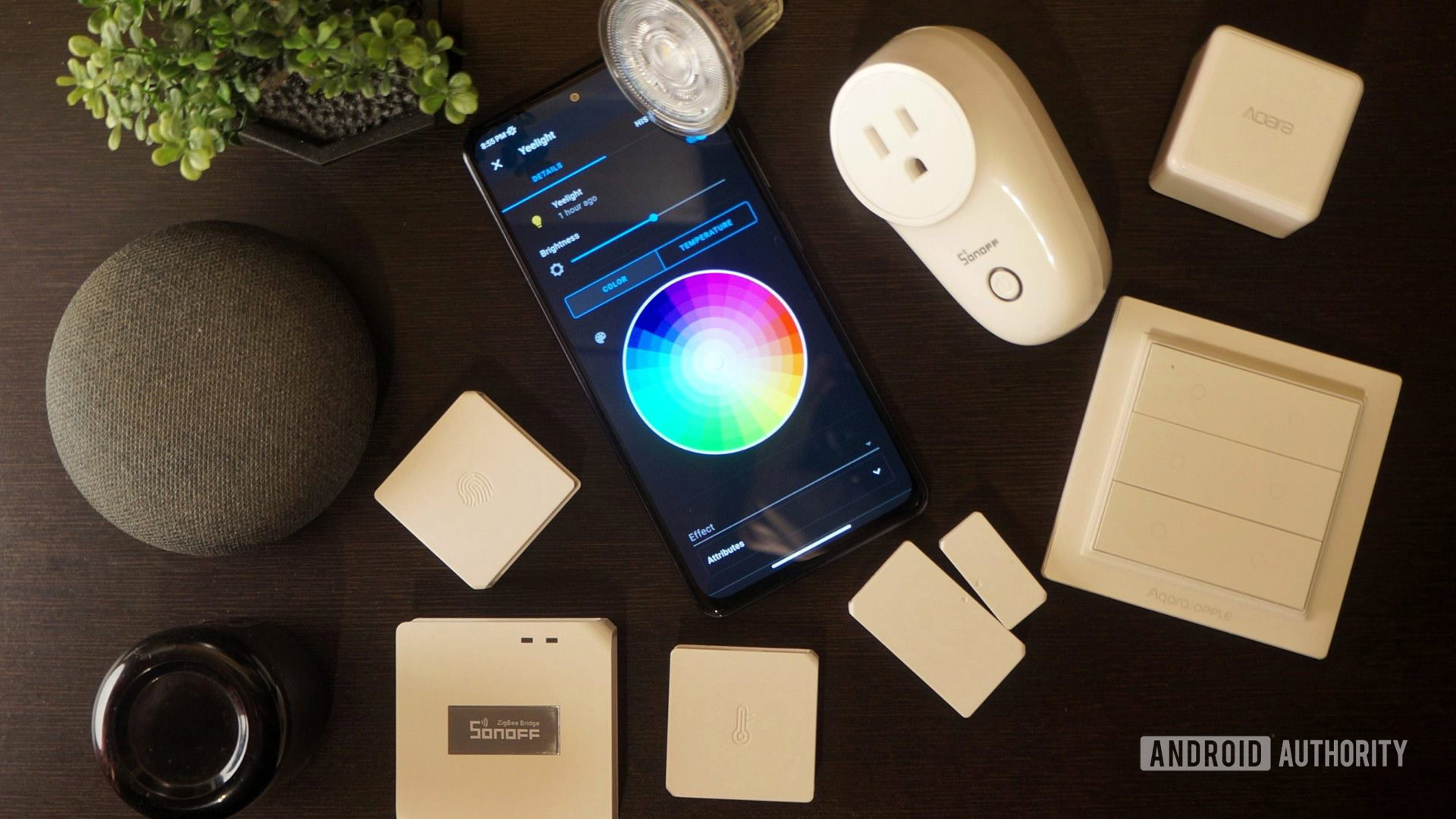

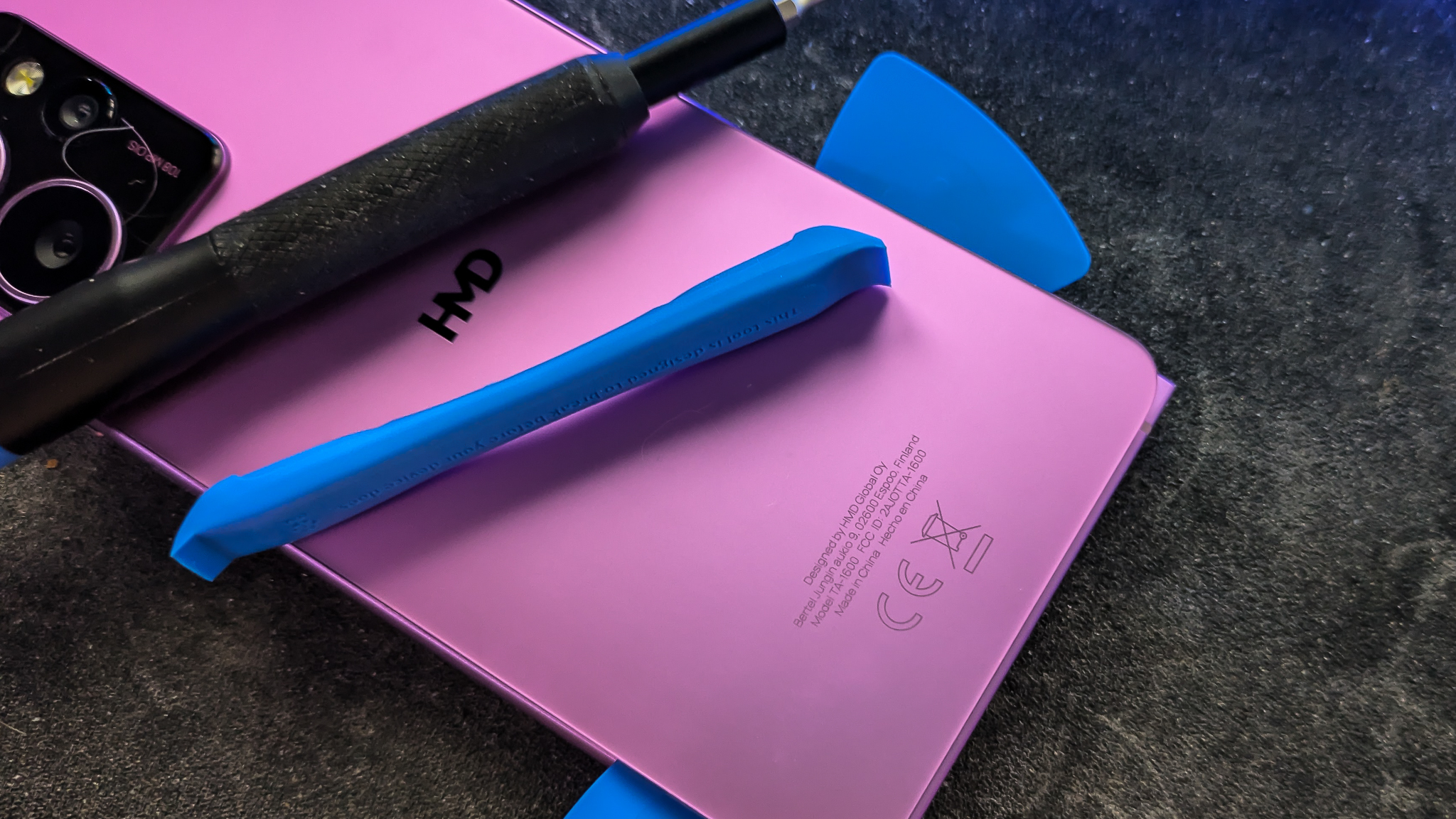
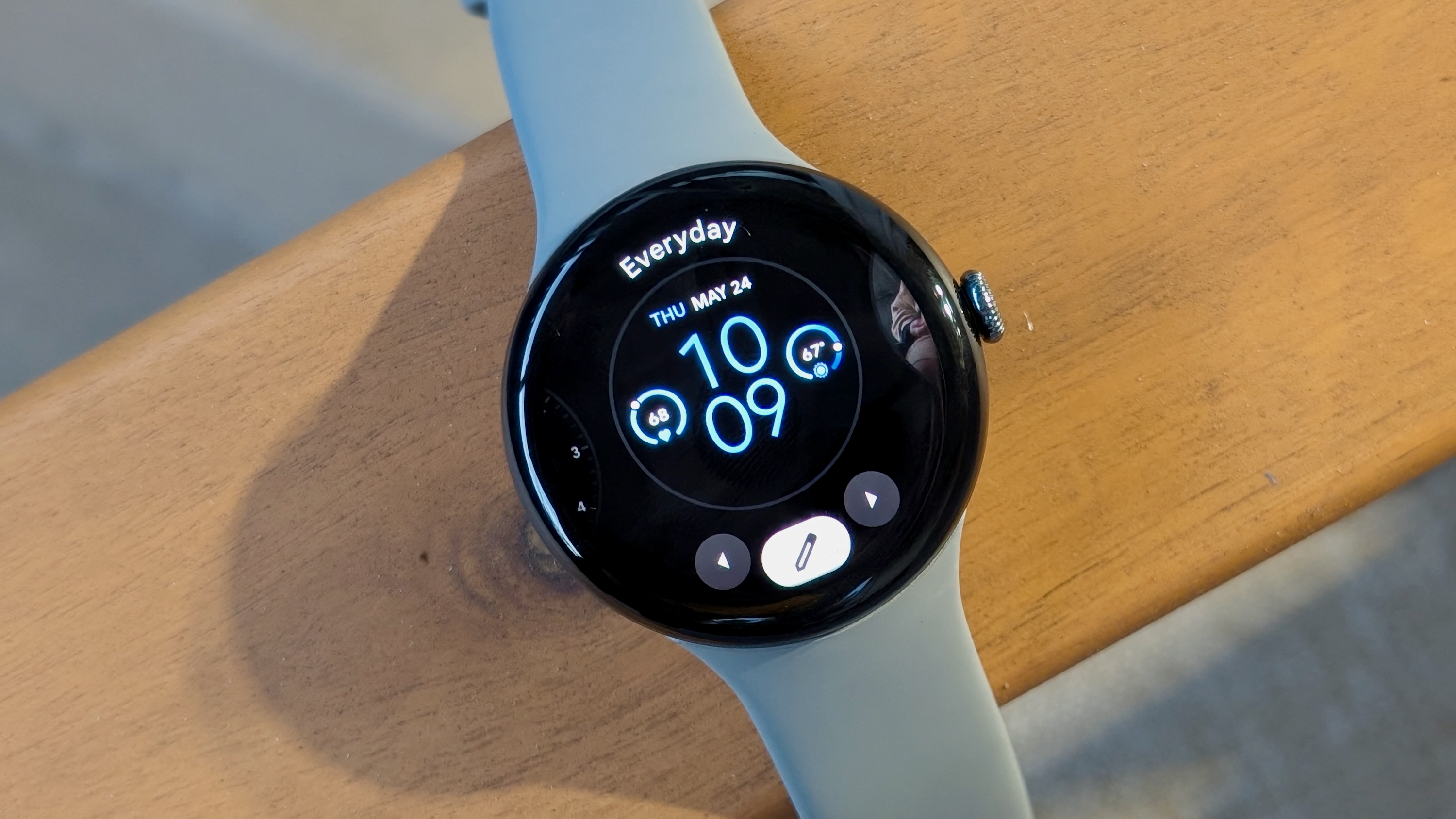
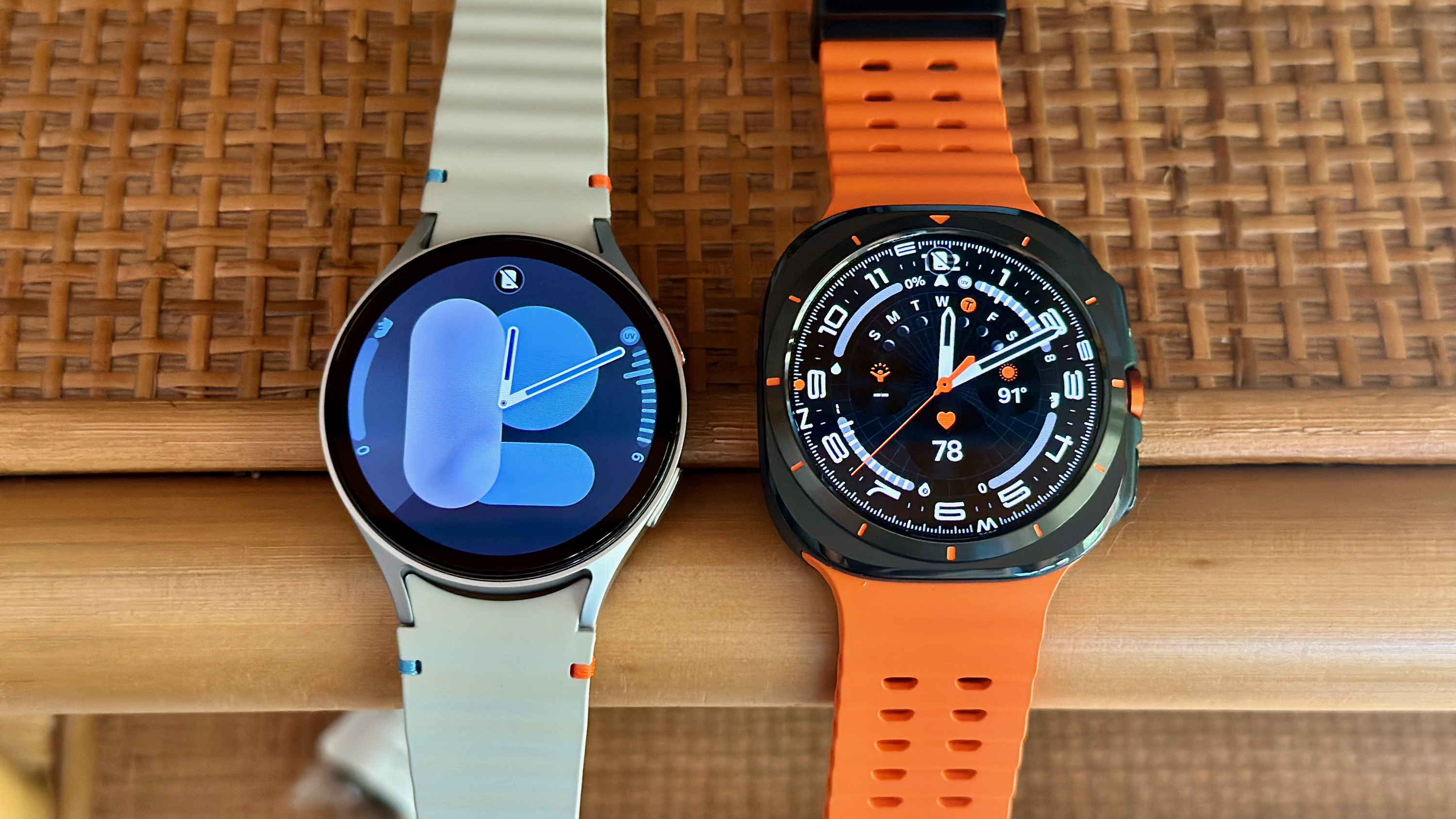
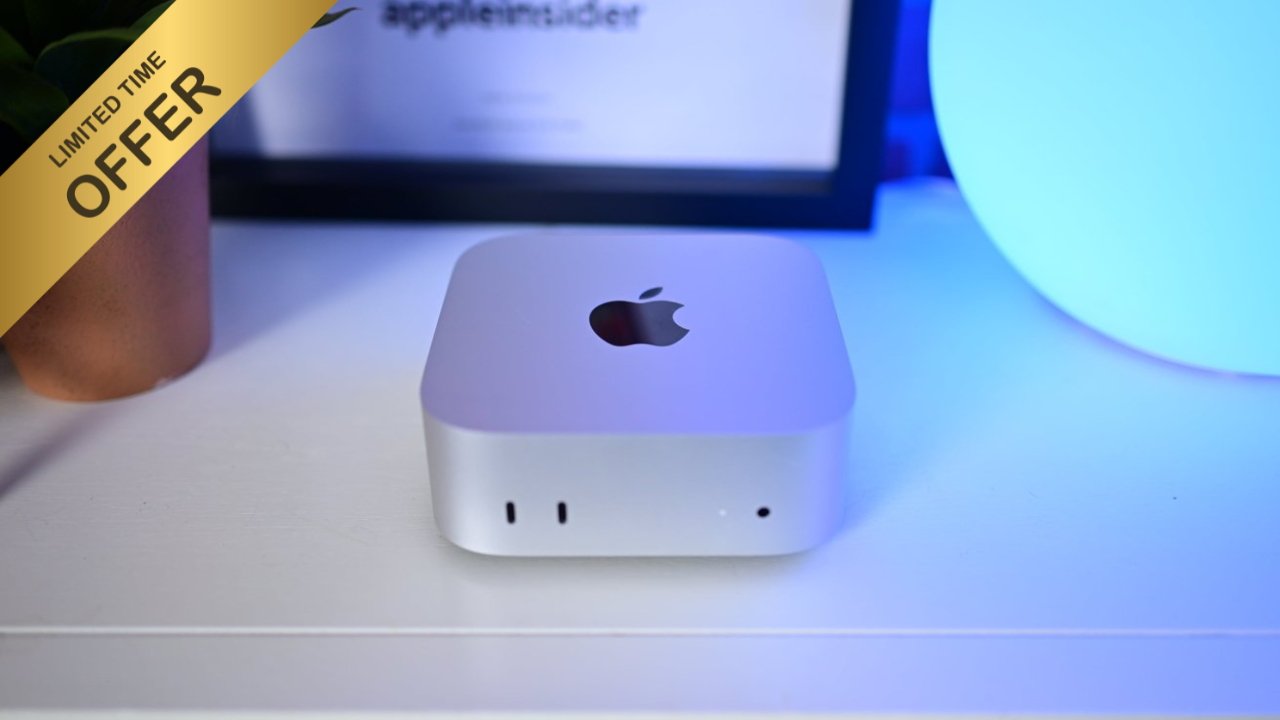
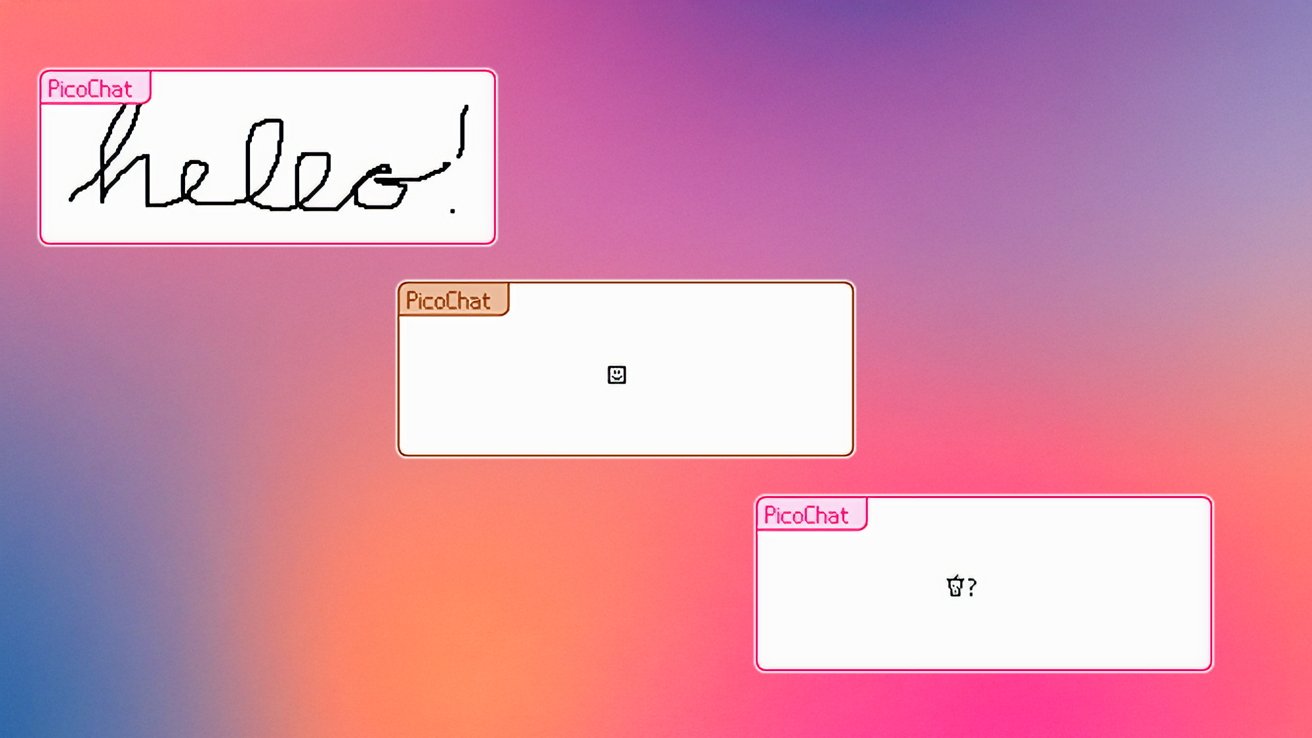
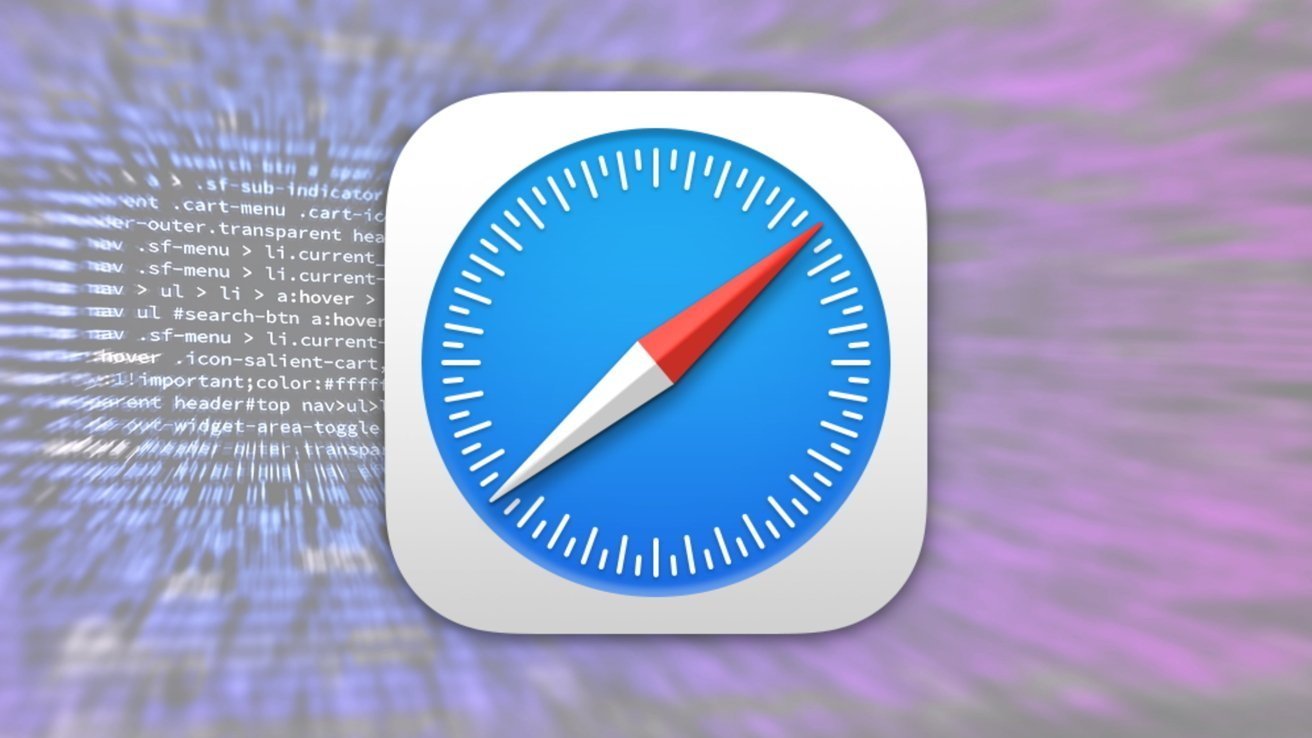



















































































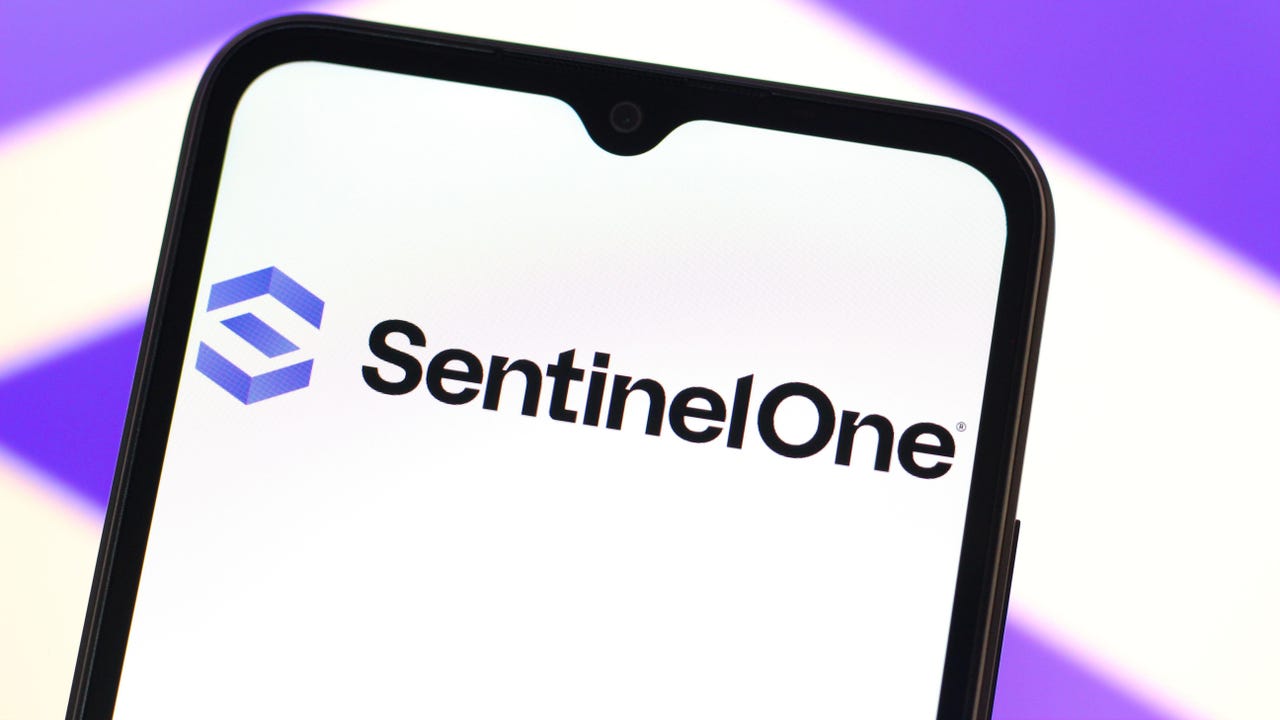
























































































































![[The AI Show Episode 146]: Rise of “AI-First” Companies, AI Job Disruption, GPT-4o Update Gets Rolled Back, How Big Consulting Firms Use AI, and Meta AI App](https://www.marketingaiinstitute.com/hubfs/ep%20146%20cover.png)



















































































































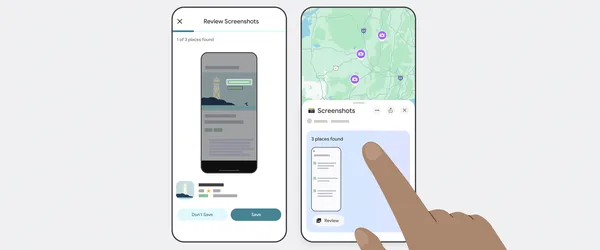


































































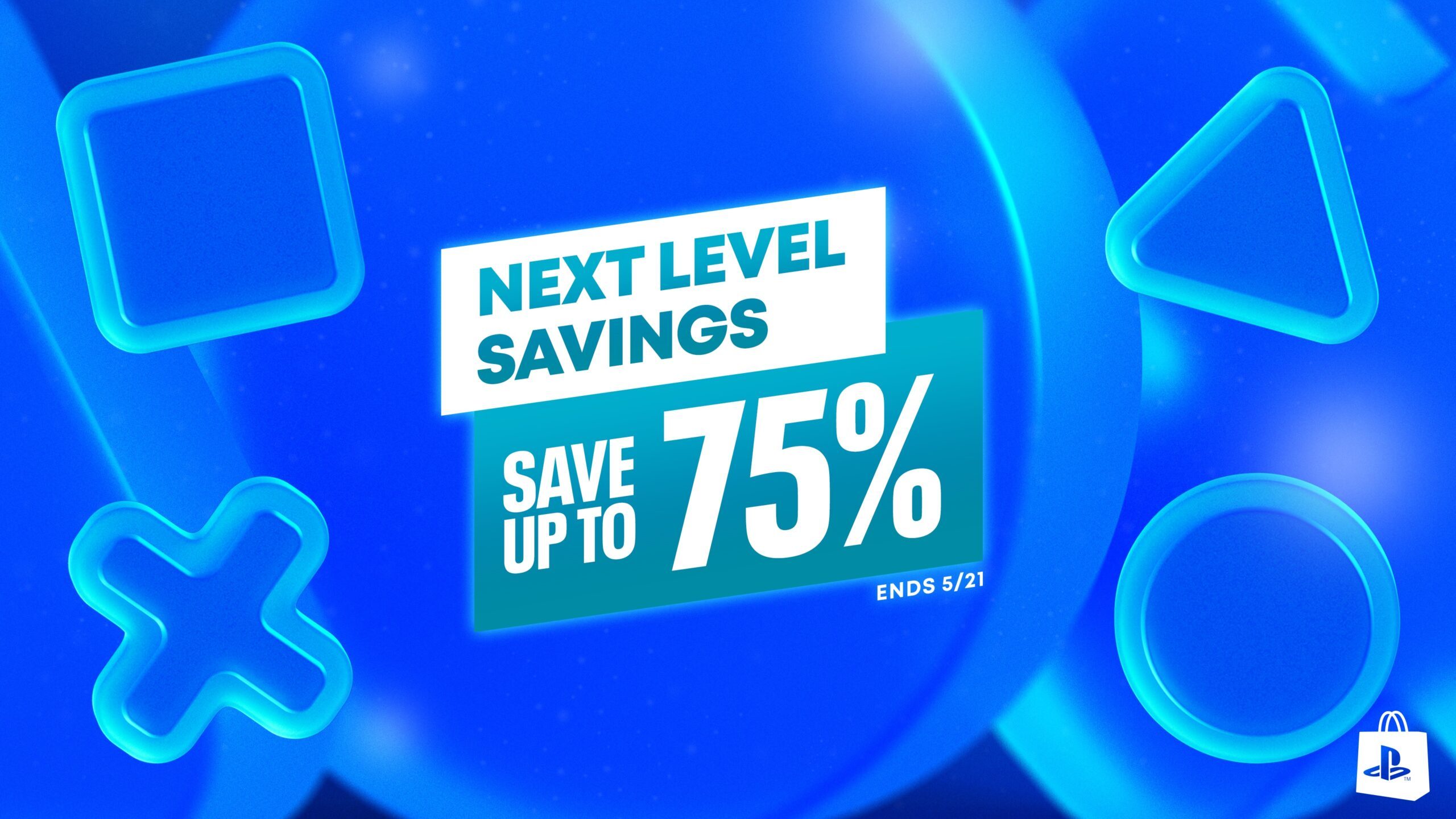








-Pokemon-GO---Official-Gigantamax-Pokemon-Trailer-00-02-12.png?width=1920&height=1920&fit=bounds&quality=70&format=jpg&auto=webp#)





























































